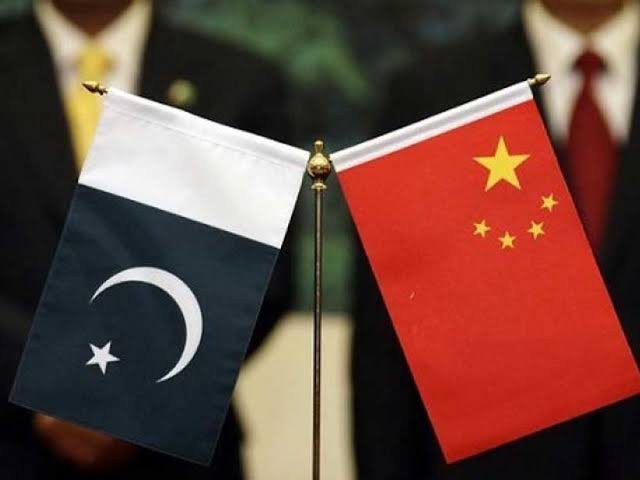Pakistan celebrated the 70th anniversary of the establishment of bilateral diplomatic relations with China in all provinces on May 21, according to an official with the Pakistani Ministry of Foreign Affairs.
Seventy years ago on May 21, China and Pakistan “joined hands overpass the Karakoram Mountains to formally establish diplomatic relations”, as Chinese Ambassador to Pakistan Nong Rong said in a signed article.
Muhammad Mudaasir Tipu, director general (China) with the Pakistani Ministry of Foreign Affairs, attributed the celebrations to everlasting friendship between Pakistan and China in his keynote address at a roundtable event at University of Peshawar in northern Pakistan.
Ambassador Nong Rong, in his article published in several local newspapers including Pakistan Observer, said, “The time-tested China-Pakistan friendship now sets exemplary for state-to-state relations, and is strategic asset for both countries, most dearly cherished by the two peoples.”
Despite the COVID-19 pandemic, Pakistan and China are working together in different projects under China-Pakistan Economic Corridor, he said. And it is due to the collective struggle and understanding that both countries are going forward.
Ambassador Nong Rong, in his article published in several local newspapers including Pakistan Observer, said, “The time-tested China-Pakistan friendship now sets exemplary for state-to-state relations, and is strategic asset for both countries, most dearly cherished by the two peoples.”
He said the two countries will work together to uplift bilateral relations to a new level with a brighter future.
Recitation of the Holy Quran followed by national anthems of Pakistan and China commenced the online roundtable that marks the 70-year friendship at University of Peshawar’s China Study Center on May 21.
Prof Zahid Anwar, director of the center, said the all-weather Pakistan and China friendship has a long history from Bandung Conference to CPEC. “A convergence of interests has developed between the two countries on global and regional issues,” he said.
In his welcome address, Vice Chancellor of University of Peshawar Prof Muhammad Abid discussed his personal experiences during his road trip to China through KKH, and explained increasing academic cooperation with Chinese counterparts including MOUs in recent years.
Mustafa Hayder Sayed, executive director of PCI, said under the CPEC “there must be targeted poverty alleviation campaign the way China has done.”
Noting Pakistan has a high percentage of population under the poverty line, he said Pakistan could collaborate with China for poverty relief and learn to develop special economic zones.
Muhammad Ahsan Achakzai, chairman at Department of Economics, Balochistan University of Information Technology, Engineering and Management Sciences, also said “we should learn from China in human resource development and poverty alleviation”. Moreover, Pakistan can learn much from China in development of economy, science and technology and fight against COVID-19.
Prof Khalid Ahmad, IBA, Sukkur, said that Pakistan was the first Muslim country to recognize the People’s Republic of China, adding Sukkur IBA has started exchange programs with seven Chinese universities.
Prof Ruijun Long from Lanzhou University in Gansu province of China, said under the framework of the Belt and Road Initiative and CPEC, Pakistan and China will achieve more success. Currently, more than 100 Pakistani research students are studying at Lanzhou University.
Speaker Kamram Ilahi noted the treaty of friendship signed in 1956 paved way for many ensuing agreements in various decades for strengthening trade and economic relations. “China did not emerge abruptly but behind this emergence, there is long struggle. It has developed a model of Socio-economic development,” he said.
Syed Ali Nawaz Gilani, secretary-general of Pakistan China Friendship Association KP Chapter, said Pakistan should bring reforms in the economic sector to make it more investment-friendly. He also discussed in detail the 70 years of bilateral diplomatic relations.
Xu Weiwei contributed to this report.
















